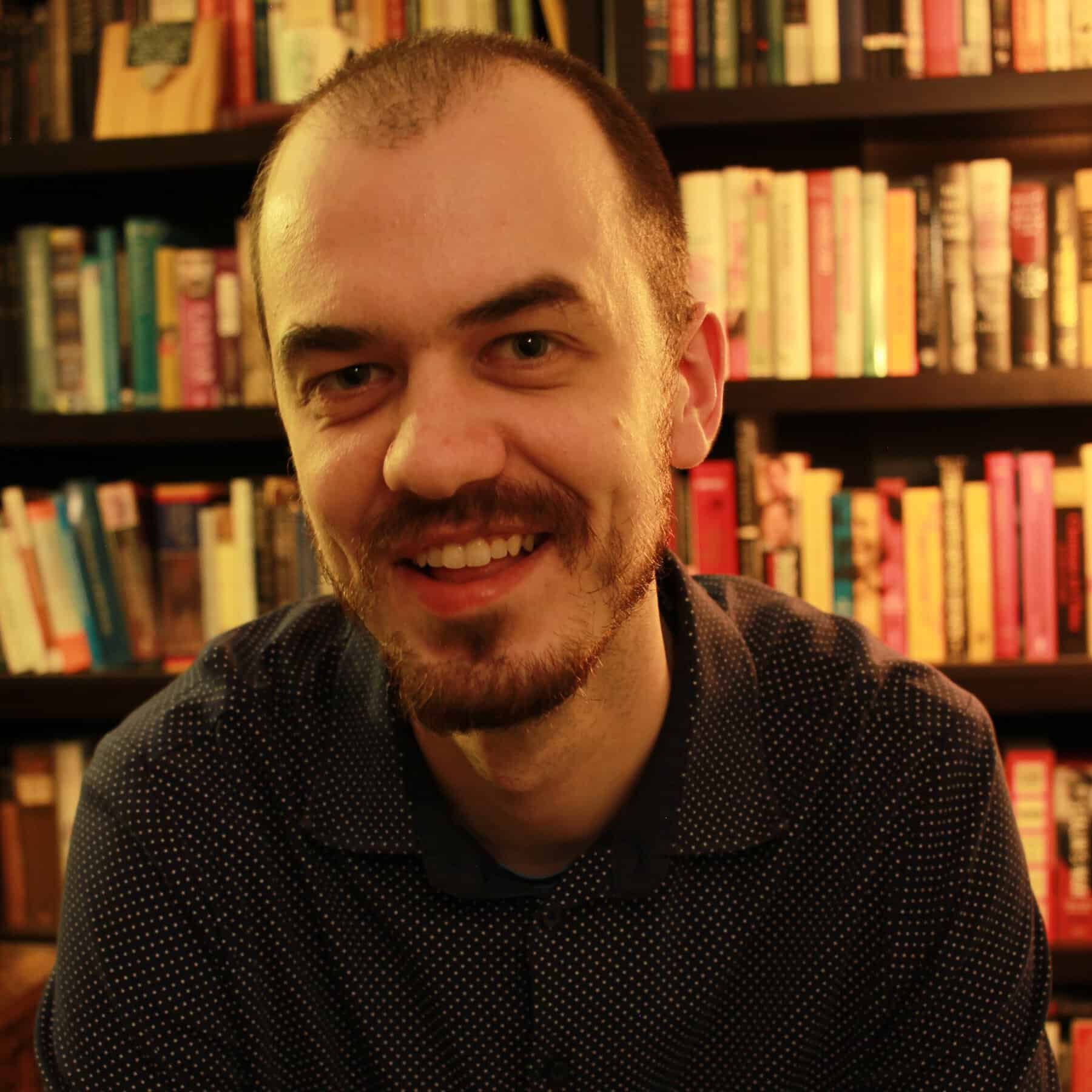
(Stock Photo – Canva)
By Dan Sherven
Linda Maddaford is the newly elected president of the Regina Catholic Women’s League. She will be sharing her family’s experiences with MAiD, in front of a panel at the Catholic Health Association of Saskatchewan convention in Saskatoon on October 22-23. MAiD stands for Medical Assistance in Dying. It is Canada’s new euthanasia/assisted suicide program.
Maddaford’s father had “blood cancer,” but “was still entirely present” and was “just a lovely, lovely person.” Her mother had “vascular dementia, (and) lost a lot of her ability to communicate, but she still knew who we were. Dad’s goal in life was to not leave her alone. He wanted to endure so that—he was okay with being the one left behind.”
After Maddaford’s mother passed away, the family moved their father to a care facility in Saskatoon. “The very day after, we got a blanket email inviting us to come to a presentation in the dining room.” The presentation was about accessing MAiD.
“Some families had expressed interest,” Maddaford continued, expressing frustration, at having been invited to a presentation regarding ending patient lives the day after entrusting her father into their care, offering that they could have simply given interested families a brochure. She adds that it’s sort of a “push from the top-down. That if you don’t—if you aren’t open to the idea; you should be. I worry for the people who feel the pressure of: ‘Well my doctor advised it.’ Or ‘someone with a clipboard came around and kept asking.’”
The Canadian Conference of Catholic Bishops has remarked that “[Jesus] showed most fully what it means to love, to serve, and to be present to others. His response to the suffering of others was to suffer with them, not to kill them. He accepted suffering in his life as the pathway to giving, to generosity, to mercy.”
In Carter v. Canada 2015, it was found that “the criminal laws prohibiting assistance in dying limited the rights to life, liberty and security of the person under section 7 of the Canadian Charter of Rights and Freedoms.” This opened the door to legal euthanasia, for individuals who are “enduring suffering that is intolerable.” At that time the following categories were excluded: “Minors or persons with psychiatric disorders or minor medical conditions.”
But now the Government of Canada opened the door for those whose “only medical condition is a mental illness.” These individuals will be fully entitled to access MAiD by March 17, 2027.” The Canadian Conference of Catholic Bishops notes that “expanding access to euthanasia and assisted suicide for individuals living with a mental illness closes the door to any hope of recovery.”
The Government of Canada says that in 2022, there were 13,241 MAiD deaths; which accounts for 4.1 per cent of all deaths in Canada. The 2022 number of MAiD deaths is up 31.2 per cent over 2021. Bringing the total number of deaths to 44,958 since MAiD was first introduced in 2016.
“We as Catholics need to be able to have a voice,” Maddaford says. “It’s so appalling and so egregious, on so many levels. And we have to talk about it.” She would like to see MAiD “pushed back into the corner, and it is there for extreme and rare circumstances. But that is not what most of us will experience with our loved ones.”
Pope Francis reminds us that religious beliefs “offer a more profound understanding of illness, suffering and death, seeing these as part of the mystery of divine providence and, for the Christian tradition, a means towards sanctification.”
He adds that “authentic palliative care is radically different from euthanasia, which is never a source of hope or genuine concern for the sick and dying.” Adding, with quotations from his encyclical on human fraternity Fratelli Tutti, that euthanasia “is a failure of love, a reflection of a ‘throwaway culture’ in which ‘persons are no longer seen as a paramount value to be cared for and respected.’”
“We chose to not shy away from the hard parts of living,” Maddaford says. “Because it’s sacred space. I would say that faith is a gift. It’s a seed that has to be nourished. If you want to make space in your life for it, it will bloom. We made space in our life to care for our mom and our dad.” She says that the family made space for the following reason: “How do you respond to unconditional love? Except just surrender and give it back.”
Like Jesus, who in his final moments “cried out with a loud voice, (saying), “Father, ‘into Your hands I commit My spirit,’” before breathing his last (Luke 23:46), we are all called into this same moment of surrender. For Maddaford and her family, caring for their parents was an act of faith—a sacred space where love and life met in a profound way. In that space, we find not only the challenge but also the grace to cherish life, even to its natural, grace-filled end.

Dan Sherven is the author of four books, including the number one bestseller Classified: Off the Beat ‘N Path and Uncreated Light. Sherven is also an award-winning journalist, writing for several publications. Find Sherven’s work.

